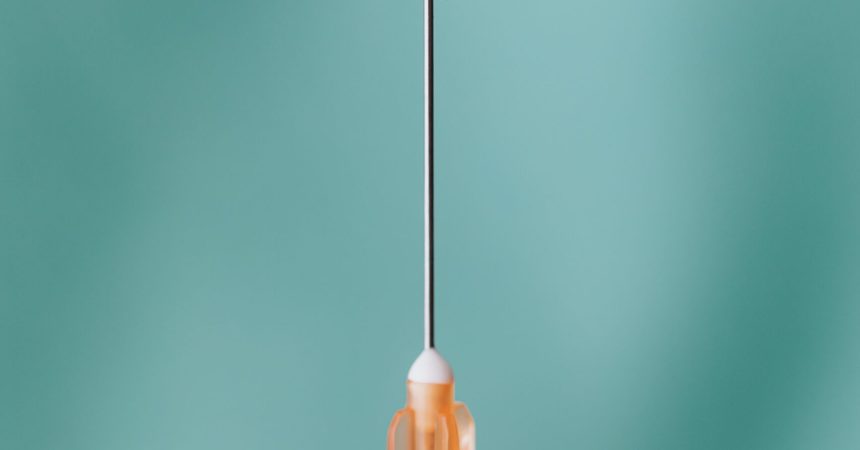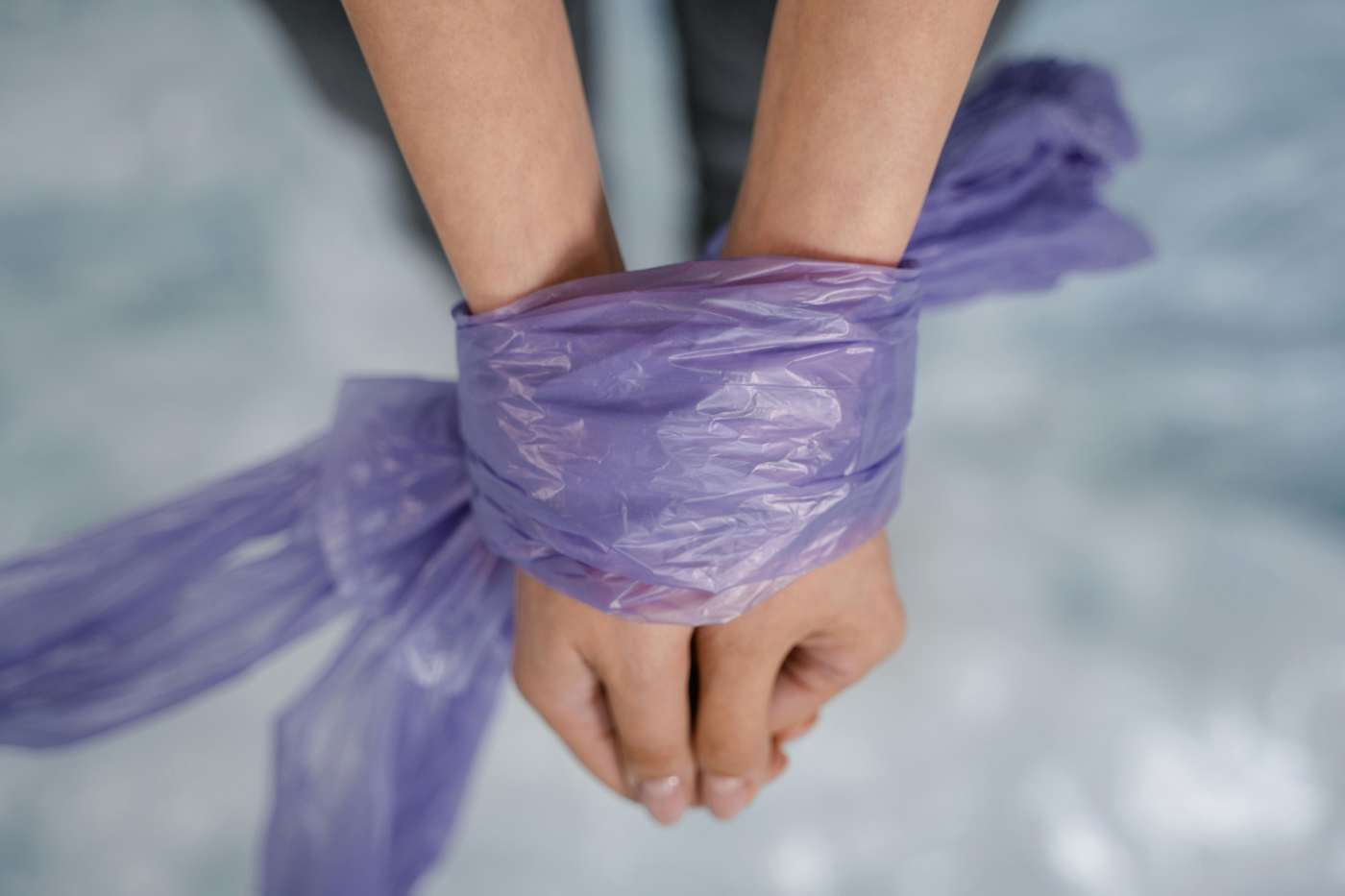Ensuring the safety and well-being of individuals undergoing addiction recovery is of paramount importance. One critical aspect that demands attention is the use of clean needles during substance abuse treatment. The risks associated with using dirty needles are far-reaching and can lead to severe health consequences for both individuals and the wider community.
At Shoreline Recovery Center, we prioritize the implementation of strict needle hygiene practices to safeguard the health of our clients. In this blog, we will delve into the significant risks posed by dirty needles and highlight the importance of maintaining a clean and sterile environment.
Transmission of Blood-Borne Diseases
Using dirty needles significantly increases the risk of transmitting blood-borne diseases such as hepatitis B and C, as well as HIV. These infections can have long-lasting and devastating effects on an individual’s health. Needle sharing or reuse can introduce contaminated blood into the body, facilitating the spread of these infections.
Furthermore, the risk is not limited to the person directly using the needle; it extends to others who may come into contact with the contaminated needle, including healthcare professionals and family members. The consequences of such infections can be life-threatening and necessitate ongoing medical care and treatment.
Increased Risk of Infections
Dirty needles can introduce harmful bacteria and pathogens into the body, leading to various infections. One of the most common infections associated with unsterile needle use is endocarditis, an infection of the inner lining of the heart chambers and valves.
Skin and soft tissue infections, abscesses, and cellulitis are also prevalent among individuals who use unsterile needles. These infections can be extremely painful, difficult to treat, and may require hospitalization or surgery. The risk of complications from these infections further adds to the burden on the healthcare system and can have long-term consequences for the affected individuals.
Absence of Sterile Technique
Using dirty needles compromises the principles of sterile technique, which is essential in healthcare settings. Sterile technique ensures a clean and safe environment for medical procedures, preventing the introduction of harmful microorganisms. By disregarding proper needle hygiene, individuals expose themselves to infections, complications, and potentially life-threatening conditions.
Upholding sterile technique in all aspects of substance abuse treatment is vital to prevent unnecessary health risks. At Shoreline Recovery Center, we adhere to strict sterilization protocols to ensure the safety and well-being of our clients.
Poor Wound Healing
Dirty needles can cause significant damage to the skin and underlying tissues, leading to poor wound healing. When substances are injected using unsterile needles, they can introduce foreign particles and contaminants into the body. These foreign substances may exacerbate tissue damage and impede the natural healing process. Delayed wound healing not only prolongs discomfort but also increases the risk of infection and scarring. It is crucial to prioritize clean needle use to minimize the potential for wound complications and promote optimal healing outcomes.
Reinforcing Risky Behaviors
The use of dirty needles perpetuates risky behaviors associated with substance abuse. Sharing needles is a dangerous practice that not only increases the likelihood of contracting infections but also contributes to the spread of diseases within the community. By implementing clean needle programs and promoting the use of sterile equipment, Shoreline Recovery Center aims to break the cycle of risky behaviors, reduce harm, and promote safer practices among individuals seeking help.
Providing access to clean needles and educating individuals about the dangers of sharing needles can have a significant impact on reducing the transmission of blood-borne diseases and promoting overall well-being.
The risks associated with using dirty needles are severe and far-reaching. Shoreline Recovery Center recognizes the importance of maintaining a clean and sterile environment to safeguard the health and well-being of individuals seeking addiction recovery.
By prioritizing needle hygiene and sterile techniques, we can reduce the transmission of blood-borne diseases, prevent infections, and promote safe practices. Upholding stringent standards of care not only protects individuals but also helps foster a healthier and more resilient community.
At Shoreline Recovery Center, we are committed to providing a safe and supportive environment for individuals on their path to recovery.







